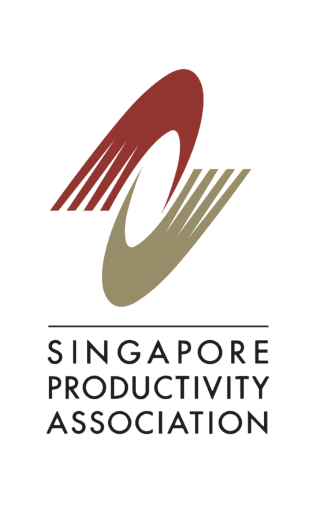Whistle Blower Policy
1. The Singapore Productivity Association (“SGPA”) is committed to strong corporate governance and high standards of honesty, transparency, ethical and legal conduct, and accountability.
2. This Whistle Blower Policy (the “Policy”) aims to provide an avenue for employees and external parties of SGPA and its subsidiary Singapore Productivity Centre (“SGPC”) to report suspected or actual occurrence(s) of illegal, unethical, or inappropriate behaviours or practices without reprisal.
3. The Policy aims to:
- Support the Ethos of SGPA (“the Ethos”) and Code of Conduct for SGPA (“the Code”).
- Promote industry best practices and standards for good financial and corporate practices and to deter wrongdoings.
- Establish a trusted avenue for employees, vendors, and external stakeholders to report serious wrongdoings or breaches without fear of reprisal when whistle blowing in good faith.
- Safeguard the interests of and protect whistle blowers against retaliation by handling reports of breaches with sensitivity and the strictest confidentiality.
- Encourage employees to report suspected or actual occurrence(s) of illegal, unethical, or inappropriate behaviours or practices at an early stage to an internal authority so that actions may be taken immediately to resolve them.
- Ensure arrangements are in place to conduct independent investigation of the suspected or actual breaches and implement appropriate follow-up actions.
4. Examples of possible breaches may include, but are not limited to, the following:
- Forgery
- Withholding or concealing information about malpractice or misconduct
- Serious conflict of interest without disclosure, resulting in material gain
- Physical or emotional bullying
- Misappropriation of funds and classified documents
- Abuse and misrepresentation of power and authority
- Failure to comply with laws and regulations
- Miscarriage of justice
- Discrimination based on factors including, but not restricted to, gender, race, religion, or disability
- Harassment (physical, verbal, non-verbal)
- Corruption and bribery
- Theft
- General malpractice such as immoral, illegal or unethical conduct
- Potential infractions of the Ethos, the Code, financial or employment guidelines
- Any other serious improper matters which may cause financial or non-financial loss to SGPA or damage SGPA’s reputation
5. Whilst the whistle blowing policy allows anyone to report possible improprieties, it excludes employee grievances or disagreements which should be handled by the SGPA Human Resources Department, and in accordance with the SGPA Employment Handbook available to all SGPA staff.
Protection against reprisal
SGPA recognises that the decision to report a breach can be a difficult one to make, not least, because of the fear of reprisal from those responsible for the alleged malpractice. SGPA will not tolerate harassment or victimisation and will take all possible action to protect the whistle blower.
Notwithstanding the above, SGPA does not condone frivolous, mischievous, or malicious allegations, and anyone or any organisation making such allegations may face disciplinary and/or legal action.
Confidentiality
SGPA takes all reports from whistle blowers seriously and will treat these reports and the identity of whistle blowers with the strictest confidentiality.
Exceptional circumstances under which information provided by the whistle blower may not be treated with confidentiality include:
- Where SGPA is under a legal obligation to disclose information provided.
- Where the information is already in the public domain.
- Where the information is given on a strictly confidential basis to legal or auditing professionals for the purpose of obtaining professional advice.
- Where the information is given to the police or other authorities for criminal investigation.
Reporting a breach
Step 1: Identify yourself
SGPA requires the whistle blower to identify himself/herself when submitting a report.
Step 2: Write
The report should be submitted in writing, as it is essential for SGPA to have all critical information to be able to effectively evaluate and investigate a concern.
Step 3: Provide details
The report should include details of the parties involved, dates or period of time, the type of breach, evidence substantiating the breach (where possible), and contact details, in case further information is required.
Step 4: Send us your concern
Please submit your report to the Receiving Officer:
By Post:
Private & Confidential
To:
Administration Committee
Singapore Productivity Association
11 Eunos Road 8
#08-01 Lifelong Learning Institute
Singapore 408601
Or E-mail:
Procedures
If the whistle blower identifies himself/herself, the Receiving Officer will investigate the matter and will reply to the whistle blower within four (4) weeks.
If the message is anonymous then there is no obligation for the Receiving Officer to respond.
Depending on the nature of the report submitted, the investigation will be conducted, involving one or more of the following individuals or entities:
- The Receiving Officer
- SGPA Management Committee / Secretariat / Staff
- SGPC Directors / Staff
- The External Auditor, and/or
- The Police or Commercial Affairs Department.
Further information may be sought from the whistle blower during the investigation. When the investigation is completed, the investigating officer(s) will report the findings to the Receiving Officer for further action.

